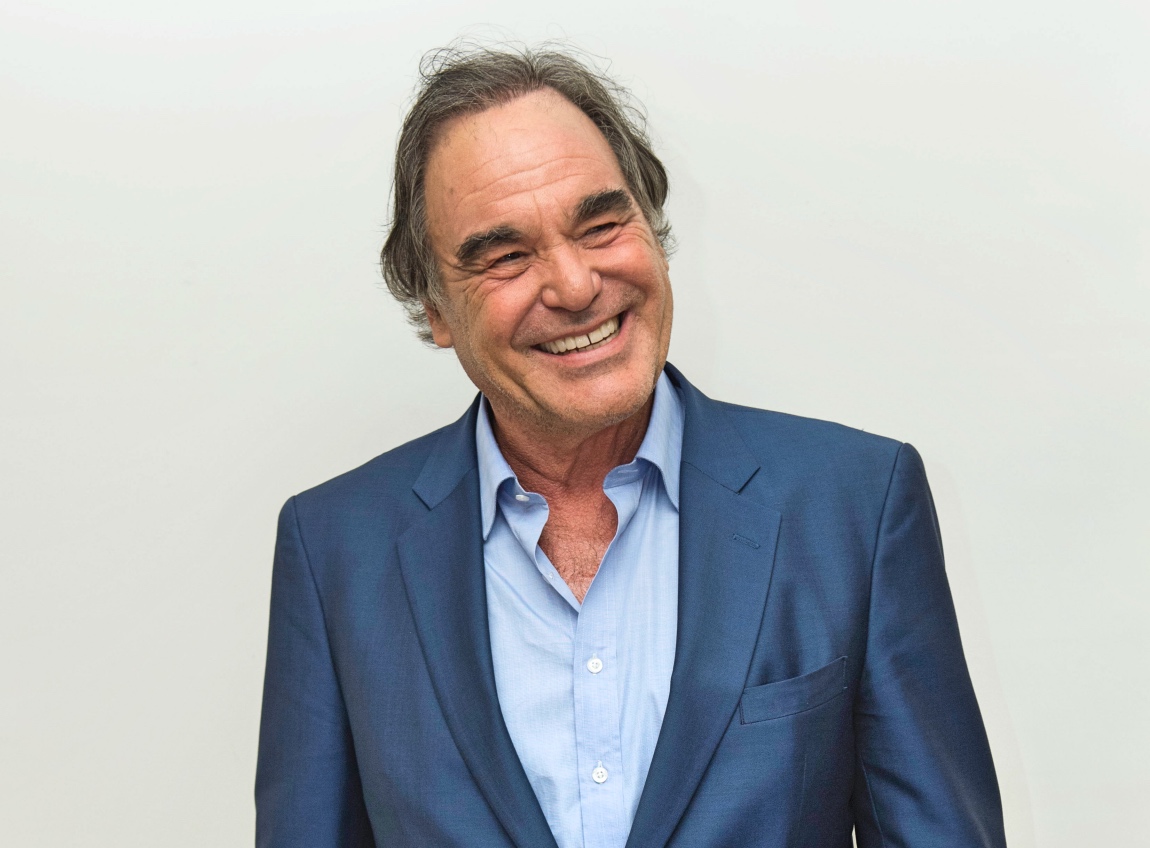
- Interviews
HFPA in Conversation: Oliver Stone Reflects on His Life
HFPA journalist Silvia Bizio met director-writer-producer Oliver Stone at his office in Los Angeles. In the middle of his busy day, the Golden Globe winner looked back to the late 60s when he returned home from the Vietnam War. The following year he began studies at NYU Film School and graduated in 1971. Soon after he shot two horror movies, Seizure and The Hand, but realized that was not his genre. “Like many people, I struggled to find work for many years and eventually got success with Midnight Express in 1978 so it was a few years for me to get successful.”
He began finding his voice when he was in his early 30s, he said. “I started to sort of shake free of the conventions and said well, why don’t I just do a movie about the guerrilla war in Salvador because I know people who are there and they’re telling me firsthand their experiences.”
With Platoon in 1986 Stone started his trilogy about the Vietnam War, followed by Born on the 4th of July and Heaven and Earth. “You know, the three stories are different. I mean, Platoon was based on my own experiences. I would say 50% of it is pretty close to what happened to me but the other 50% is obviously invented and dramatized to make my point about the Vietnam War. Ron Kovic’s story played by Tom Cruise is about a paraplegic who was wounded over there and it’s quite an interesting before and after story. Heaven and Earth was the story of Le Ly Hayslip which puts into one place all the horrors of war against the civilian populations.”
The Second World War was another war that affected his life greatly. “I am an immigrant in a way. My mother was French. My father was an American Lieutenant Colonel in World War II and he picked her up in Paris and they married and she was pregnant on the ship coming over and they landed in New York in January of ’46 and I was born in September.”
Stone tells how his parents’ movie taste affected him, which movie he dedicated to his father, what version of Alexander he likes the best, why history is so important to him, his opinion about the United States and its future, what kind of director he is and which four movies were the hardest for him. “I mean, every time you make a movie it’s a tremendous effort anyway.”
At the moment he is working on a television series about Guanánamo Prison.
Listen to the conversation here or, for immediate access to all of our podcasts, subscribe to HFPA in Conversation on iTunes.

